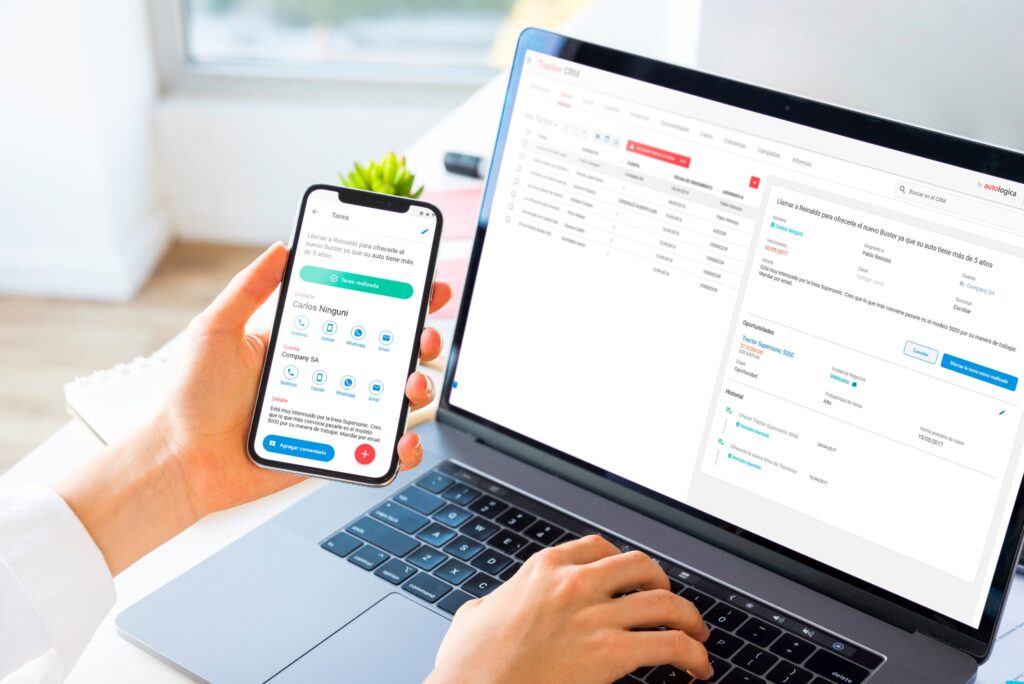Let’s dive into the different variables surrounding a DMS.
Specific Features for Dealerships
Unlike generic ERPs, a DMS is specifically designed for the dealership’s business, meaning it understands the daily tasks and operational processes of each role. Industry expertise ensures that every process is considered, fostering interaction between departments, streamlining tasks, and saving time.
Autologica boasts hundreds of features tailored for dealers, including parts suggestions, work manuals and service manuals, vehicle reception, workshop appointment management, repair orders, importations, payments and collections, and more.

Integration With OEMs
Maintaining a relationship with each OEM is crucial for dealerships to meet their requirements and standards. This necessitates integrations enabling the seamless exchange of information and data updates.
At Autologica, 50 integrations with major manufacturers ensure dealerships meet standards and success criteria.
Apps for Data Analysis and Action
While numerous tools generate graphs and dashboards, only a DMS provides industry-relevant insights for businesses. Offering actionable data intelligence involves combining the best tools with knowledge of what metrics matter and how to measure them.
Autologica Analytics provides relevant information and KPIs designed by industry experts.

Support From a Professional Team
Dealerships seek support from professionals who understand industry terminology and specifics. No company wants to spend time educating a supplier on industry intricacies. Behind every DMS is a team devoted entirely to the automotive sector.
Autologica’s team comprises experts with years of experience, offering personalized support and solutions tailored to each dealership’s needs.

Other Reasons to Consider
- Automated business processes.
- Automated customer communications.
- Measure workshop efficiency and productivity.
- Efficient inventory management.
- Controls to prevent fraud and errors.
- Automated audits.
- Data security and privacy standards.
- Scalability and customization.
- Expert training.
Are You Still Pondering the Same Question?
By considering these factors that are unique to a DMS, you’ll be able to understand if your dealership needs a DMS or if a generic ERP solution will suffice. While there’s no definitive answer, there comes a point where a DMS becomes indispensable for business growth and expansion.


